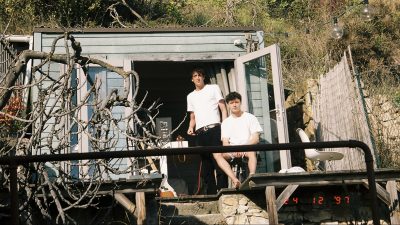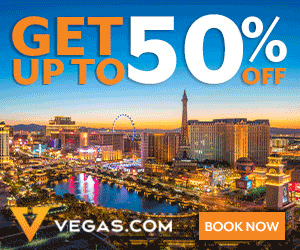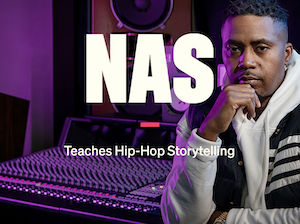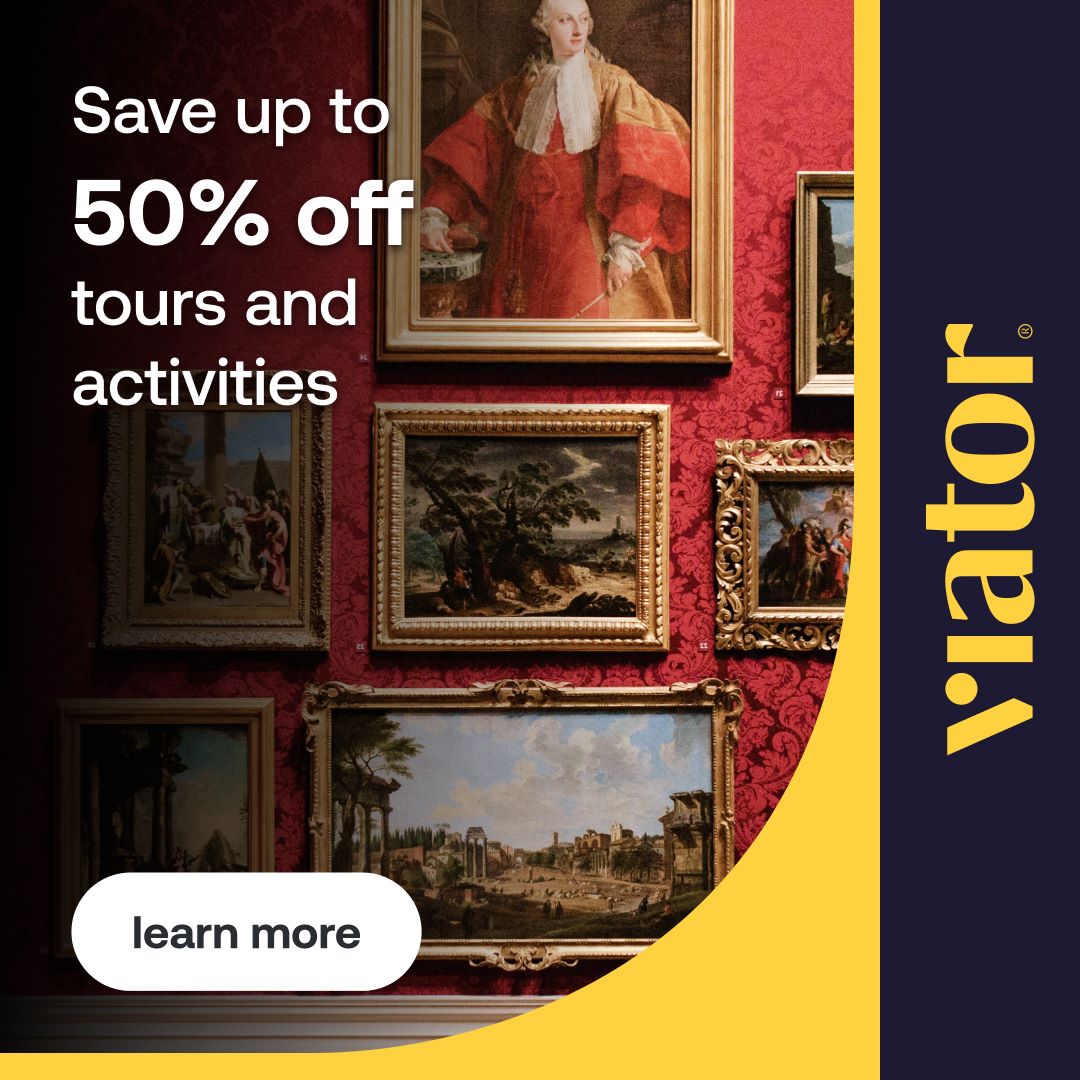Interview with The Invisible

A relationship that started as a teenage friendship found its way into adulthood when Dave Okumu, Tom Herbert (bass & synthesizer) and Leo Taylor (drums) crossed paths over a decade ago. For the last six years the guys have been working together under the name The Invisible. Their music is hard to define, but it fits into a rather spiritual, melodic, balanced combination of beats and notes tied together by Okumu’s voice.
On Wednesday night The Invisible played Toronto’s Phoenix Concert Theatre, but before they made it into this wet city we caught up with Dave Okumu for a chat.
Quip: People have tucked your music into various genres (post-house-cum-electro-soul-cum-rave-pop is my favorite), how would you describe it in your own words?
Dave Okumu: That sounds about right. Artists are notoriously shit at categorizing their own music. Imagine having to categorize your child. “The ginger one” would feel slightly reductive, wouldn’t it? Music is, at its best, a complex, rich and dynamic thing, no matter how it’s packaged stylistically. I’m happy for our music to be perceived however the listener wishes to perceive it. It’s just great whenever people engage with what we’ve made properly.
Q: How has it been working with Ninja Tune over the last year?
DO: Ninja have been wonderful. Artist friendly, creatively driven, present, funny…everything you would hope for from a label.
Q: How do you feel about awards, would you say that being nominated for the Mercury Music Prize had a positive impact on your career, if any?
DO: Being nominated for the Mercury Prize has been a really positive thing for us. Some awards are less significant than others, but the Mercury is internationally renowned and puts a real emphasis on an artist’s contribution in the context of an album. It’s great to have your work acknowledged in this way and to be in such great artistic company. There’s a sense that you may have made a contribution to musical culture and I think that’s something that most artists aspire to. It also introduces your work to a wider audience based on the merit of what you’ve made rather than anything else, which is pretty cool.
Q: If you had to pick one, what would be your favorite thing about being in the music industry?
DO: I see the music industry as the strange environment in which art and commerce do their merry dance. The best thing about the music industry is the music. The other side of it is a practical necessity in my view. In terms of my role within it, I feel very lucky to be creative with my best friends, to make things all the time, to travel to places I wouldn’t otherwise necessarily have the opportunity to go to and to always be confronted with the possibility of connecting with other humans in a meaningful way.
Q: Your most recent album, Rispah, came out of grief, how will this effect your next album, are you working on one at all?
DO: We’re currently working on a new record. There is a new energy around the music we are creating now. The last record had to honour a very specific feeling. It was the only record we could have made at that juncture and it is for that reason I am so proud of it. I feel like the last record confronts the horror of losing the one you love the most, but it is also a celebration of life and the ways in which love can transcend death. Reconciling those strands necessarily creates a very specific atmosphere. But now, inevitably, we are in a different place. As ever, the journey relates to what has gone before, but it feels like there is a need to celebrate our own lives with this new music. In the last couple of years I lost my mom and I nearly lost my own life on stage. My best friends saved my life. I’m ready to celebrate being here. I am the luckiest man alive! Musically, this seems to be manifesting through an alien funk stew.
Q: I’ve read that when you are not working on The Invisible, you are still heavily involved in music, are there any hobbies or side projects that are non-musical in nature at all?
DO: Being creative is really at the heart of our lives. I hope it’s a thread at the centre of all that we do. We’re all pretty heavily into cooking.
Q: Why music, how did you get into it?
DO: Music kinda saved my life. I was surrounded by it because my brother and sisters were into some pretty hip stuff and would make me tapes. But I remember developing my own relationship to it when I was about 11. I bought De La Soul 3 Feet High and Rising and Prince Sign ‘O’ the Times. The rest is history.
Q: Anything you’d like to say as a parting comment to your fans?
DO: Looking forward to seeing you along the path at some point.
















